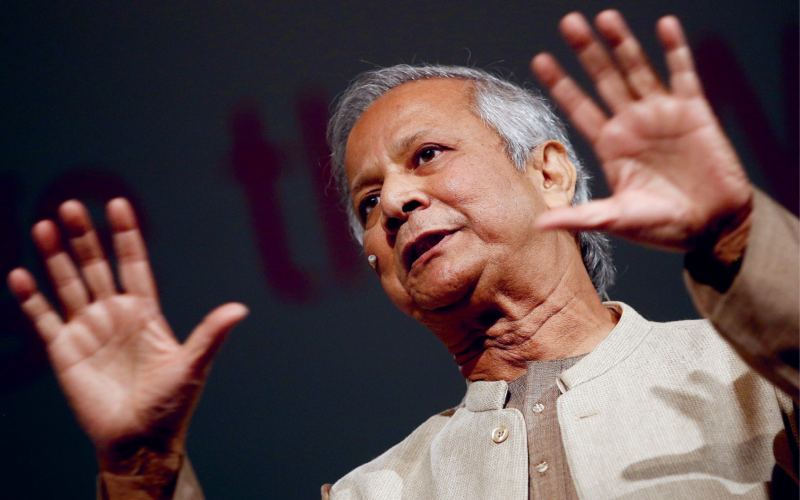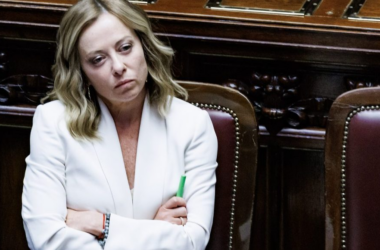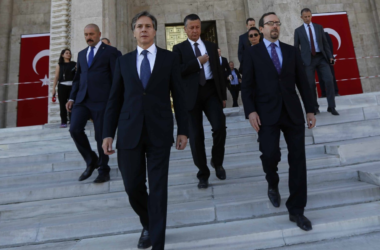Nobel laureate Muhammad Yunus has expressed his determination to persist with his microfinance initiatives in Bangladesh despite facing numerous criminal charges and the threat of imprisonment. Speaking to The Guardian, Yunus described his struggle against what he deems politically motivated attacks as “totally miserable,” but reaffirmed his commitment to alleviating poverty.
Yunus, renowned for pioneering microfinance through the Grameen Bank, has faced intense scrutiny from the Bangladeshi government for over two decades. His work, which has significantly improved the lives of millions of impoverished individuals, especially women, involves providing small loans to those excluded from traditional banking systems. This model has been instrumental in enabling the poor to start and expand their businesses.
In January 2024, Yunus was sentenced to six months in prison, alongside three others, for violating labor laws at Grameen Telecom, a not-for-profit entity he founded in 1983. Currently on bail pending an appeal, Yunus faces over 100 additional charges, including allegations of corruption, tax evasion, and money laundering—all of which he vehemently denies.
“This thing continues and makes my life miserable,” Yunus remarked. “I can’t concentrate on anything because I’m busy digging up documents to prove that I didn’t do this, documents to prove that I never did that.”
While microfinance has been praised globally for its potential to combat poverty, it has also attracted criticism and controversy. Critics argue that the system, at times, has allowed predatory practices, such as exploitative interest rates. However, Yunus maintains that when properly regulated, microfinance empowers the poor to elevate their living standards independently, without relying on low-paying jobs.
Yunus’s troubles escalated in 2011 when he was ousted from the Grameen Bank, ostensibly due to his age. At 70, he was deemed too old to run the institution, though he contends that the mandatory retirement age of 60 should not have applied since the bank was not a government entity.
Yunus alleges that his legal challenges are driven by political motives. Bangladesh’s Prime Minister Sheikh Hasina has accused the microfinance sector of exploiting the poor. In a 2022 speech at the opening of the Padma Bridge, Hasina blamed Yunus for the cancellation of a $1.2 billion World Bank loan for the project, accusing him of obstructing the bridge’s progress due to alleged corruption—a claim Yunus disputes.
Yunus’s supporters include over 100 Nobel laureates who, last year, called for the suspension of the labor law charges against him. Amnesty International has also criticized the case as indicative of deteriorating human rights conditions in Bangladesh, highlighting the government’s efforts to stifle dissent.
Yunus remains in Bangladesh despite offers from other countries to host him, emphasizing his commitment to his work and employees. “This will be all forgotten, removed, destroyed. I don’t want to see that,” he said. Yunus continues to advocate for microfinance as a means to provide economic opportunities to the poor, asserting that the current financial system unjustly favors the wealthy.
Yunus argues that enabling access to finance at the grassroots level transforms individuals’ potential. “Finance is the oxygen of entrepreneurship,” he said. By linking finance with people’s entrepreneurial spirit, he believes that even those with minimal resources can become innovative and self-sufficient.
Despite his legal battles, Yunus remains resolute in his mission to address poverty and social issues such as global warming and wealth inequality. His ongoing efforts reflect his belief in the transformative power of microfinance and his determination to continue his work in the face of adversity.








